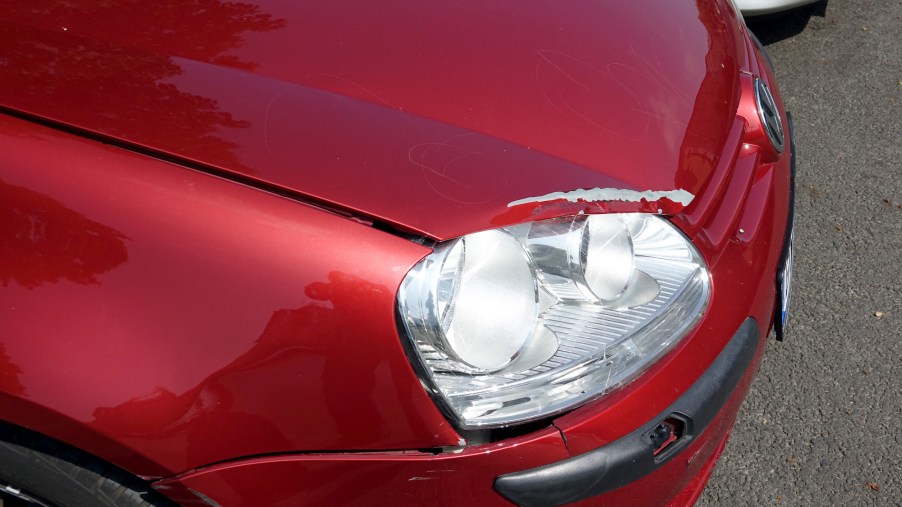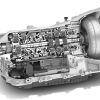
3 Things to Remember When Choosing the Perfect Auto Insurance Deductible
When it comes to the ideal auto insurance, there are numerous things to consider to ensure you and your vehicle are fully protected. One of the most crucial choices is what deductible amount you would like for your policy. This decision will impact your monthly premium tremendously and the amount you would have to pay out of pocket in the event of an accident. Use the following three tips to help you choose the perfect auto insurance deductible amount.
Choosing the perfect auto insurance deductible

An auto insurance deductible is the amount of money you, the policyholder, are responsible for paying out-of-pocket in the event of an accident before your insurance company steps in. In other words, it’s the amount you’ll need to shell out if you ever have to make a claim. Choosing the right deductible can be tricky- set it too low, and you could be overpaying for your coverage, but set it too high, and you might not be able to afford your payments if you make a claim.
The perfect deductible amount is different for everyone and depends on various factors unique to each driver. According to Erie Insurance, Here are three essential things to remember when choosing the ideal auto insurance deductible.
1. Your budget
When choosing an auto insurance deductible, the most crucial factor to consider is your budget. Ask yourself a simple question, how much can you afford to pay out-of-pocket in the event of an urgent repair or minor accident? If you select a lower deductible, you will only have to pay a small amount out of pocket when you file a claim. However, your overall insurance premiums will be higher.
If you have a higher deductible, you will pay more money upfront in the event of an accident. But, your monthly insurance premiums will be lower. Motor1 recommends selecting a higher deductible only if you can afford it and want lower premiums. It is all a matter of budget and personal preference. Be honest with yourself when considering what you can afford, and make sure to factor your deductible into your budget for car repairs.
2. Drive time
How often do you use your car? Consider the amount of time per day or weekly you spend driving. If you drive infrequently, the likelihood is that you will not need to file a claim very often. In this case, you may be able to afford comprehensive insurance coverage with a higher deductible because you likely won’t need to use it very often. However, if you are on the road often, you are more exposed to the likelihood of an accident. Therefore, it might be best to consider a lower deductible in case of an accident.
3. The value of your vehicle
The value of your vehicle will also come into play when choosing an auto insurance deductible. The more expensive your car is, the more it will cost you to insure. A high deductible is preferable in such a scenario as it could help you save a lot on your premium. Unfortunately, some insurance lenders might specify a limit that your deductible can’t exceed, especially if you obtained a car loan.
On the other hand, if you have an older vehicle that is not worth very much, it may not be worth your while to get comprehensive or collision coverage at all. In this case, a lower deductible will suffice because your insurance cost would be relatively low.
Remember, whichever deductible you choose, it is best to always have the amount in hand in case of an accident. You would not want to be in a situation where you can’t afford your deductible and have to pay out of pocket for the entire cost of repairs. The perfect auto insurance deductible is different for everyone, but by considering these three essential factors, you can make an informed decision that is right for you.


